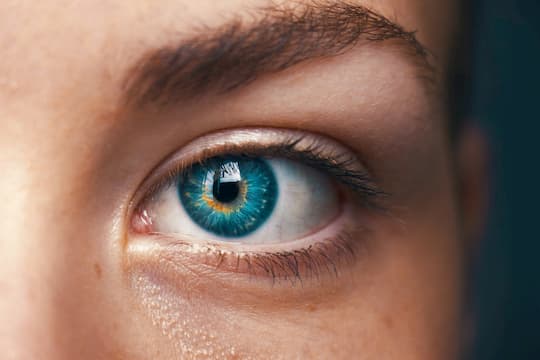Practice is not the key faster learning: it’s something much easier.
Short rest periods are as important as the practice itself in learning a new skill, new research concludes.
Far from needing an overnight sleep, 10 seconds rest may be enough to help new learning bed in.
People’s performance actually improves while they are resting, not when they are practicing, the scientists found.
Rest periods are even more important in the early stages of learning, when the brain is doing the most work.
Dr Leonardo G. Cohen, study co-author, said:
“Everyone thinks you need to ‘practice, practice, practice’ when learning something new.
Instead, we found that resting, early and often, may be just as critical to learning as practice.
Our ultimate hope is that the results of our experiments will help patients recover from the paralyzing effects caused by strokes and other neurological injuries by informing the strategies they use to ‘relearn’ lost skills.”
For the study, right-handed people learned a simple typing task with their left hand.
They did 10 seconds practice followed by 10 seconds rest.
Looking at the electrical activity in the brain during both learning and rest, though, Dr Marlene Bönstrup, who led the study, saw something interesting:
“I noticed that participants’ brain waves seemed to change much more during the rest periods than during the typing sessions.
This gave me the idea to look much more closely for when learning was actually happening.
Was it during practice or rest?”
Analysis of people’s brain waves showed that the consolidation of memories occured in the rest period when they were not practising.
Dr Cohen said:
“Our results suggest that it may be important to optimize the timing and configuration of rest intervals when implementing rehabilitative treatments in stroke patients or when learning to play the piano in normal volunteers.
Whether these results apply to other forms of learning and memory formation remains an open question.”
The study was published in the journal Current Biology (Bönstrup et al., 2019).

